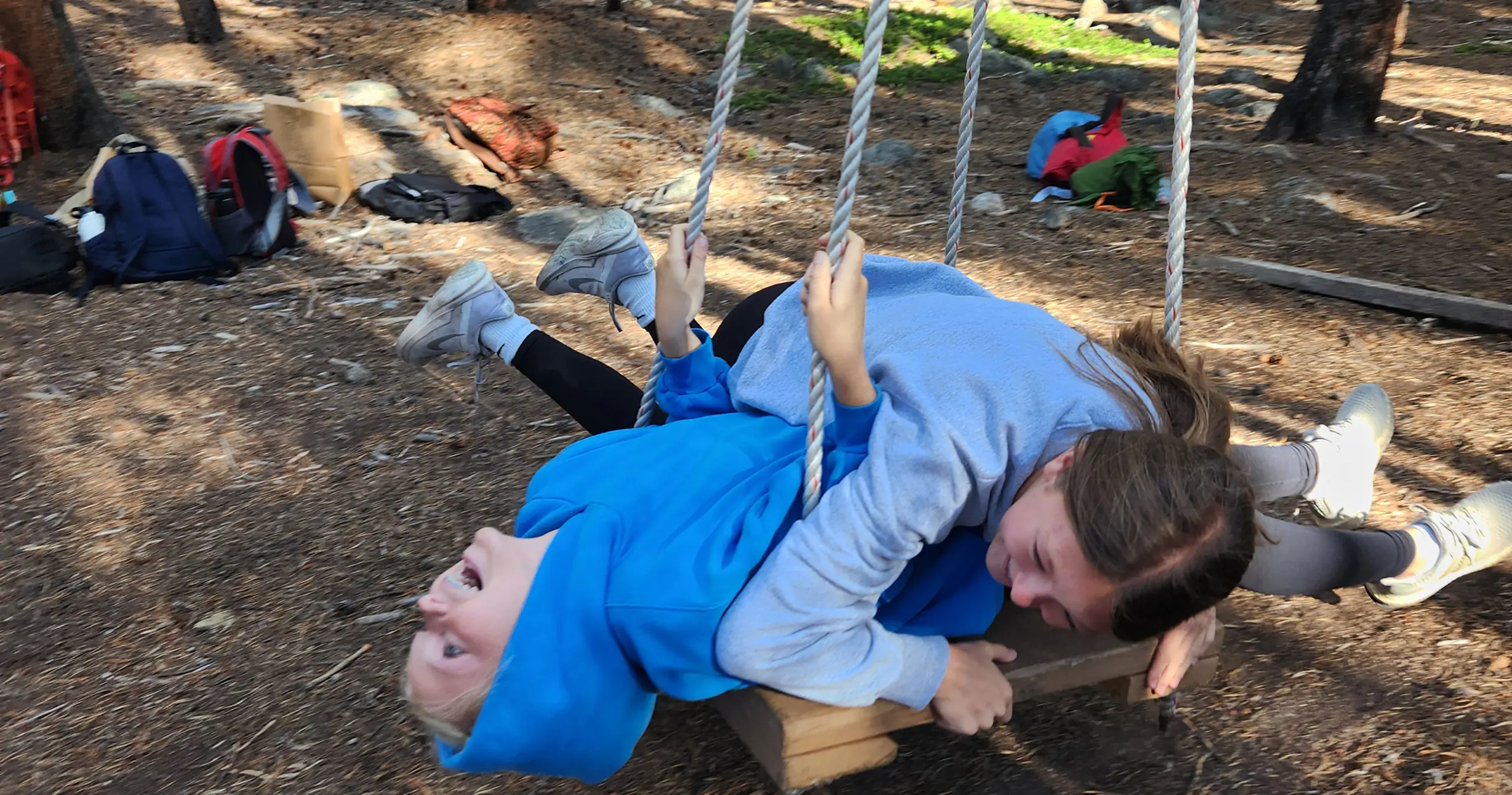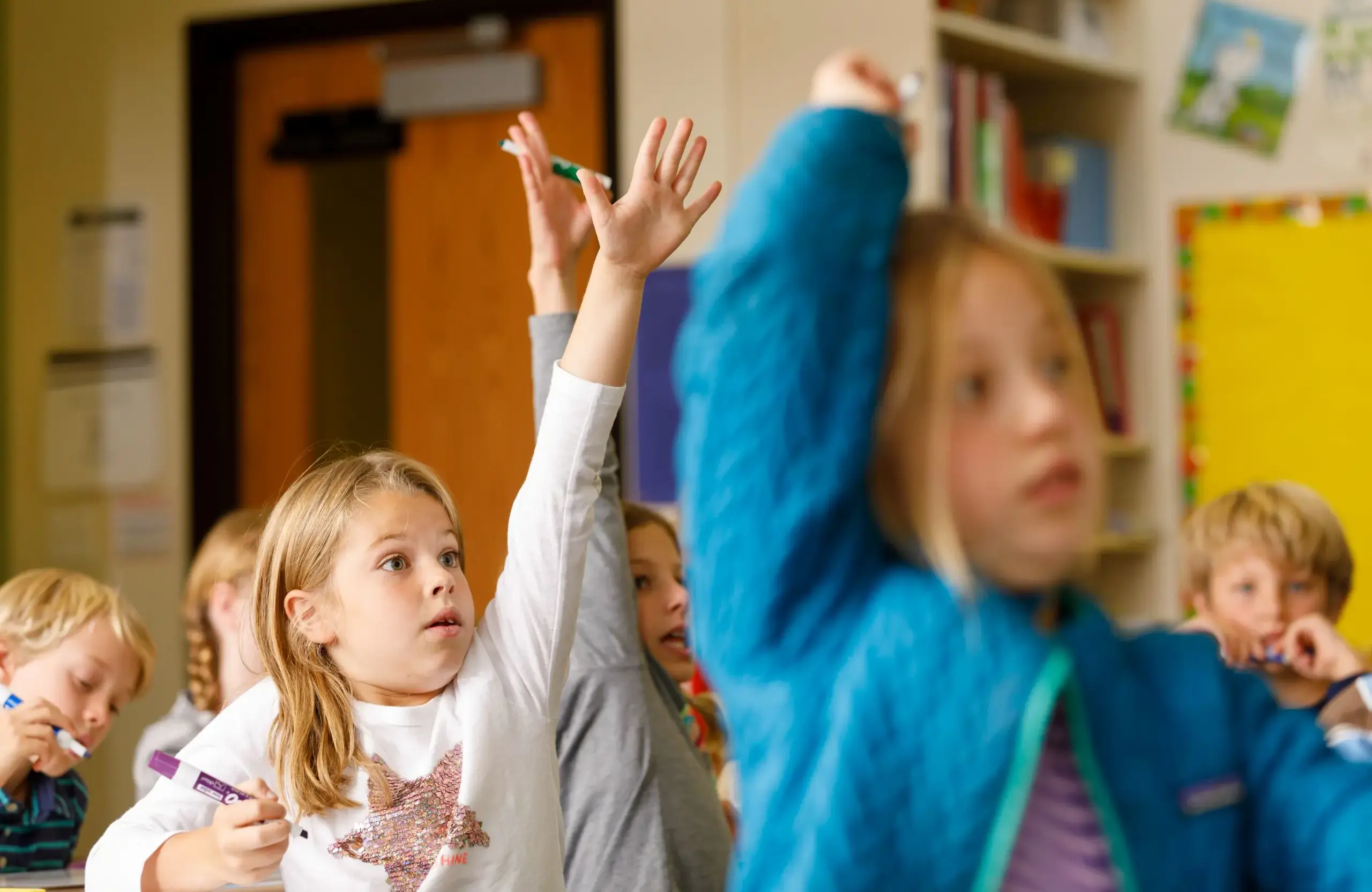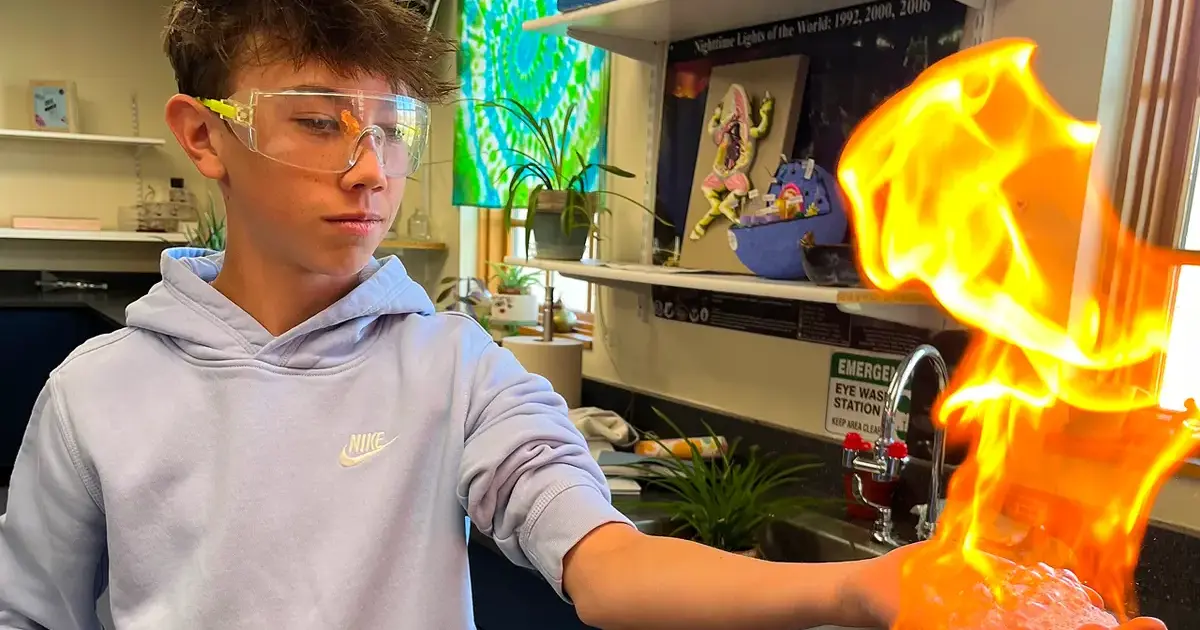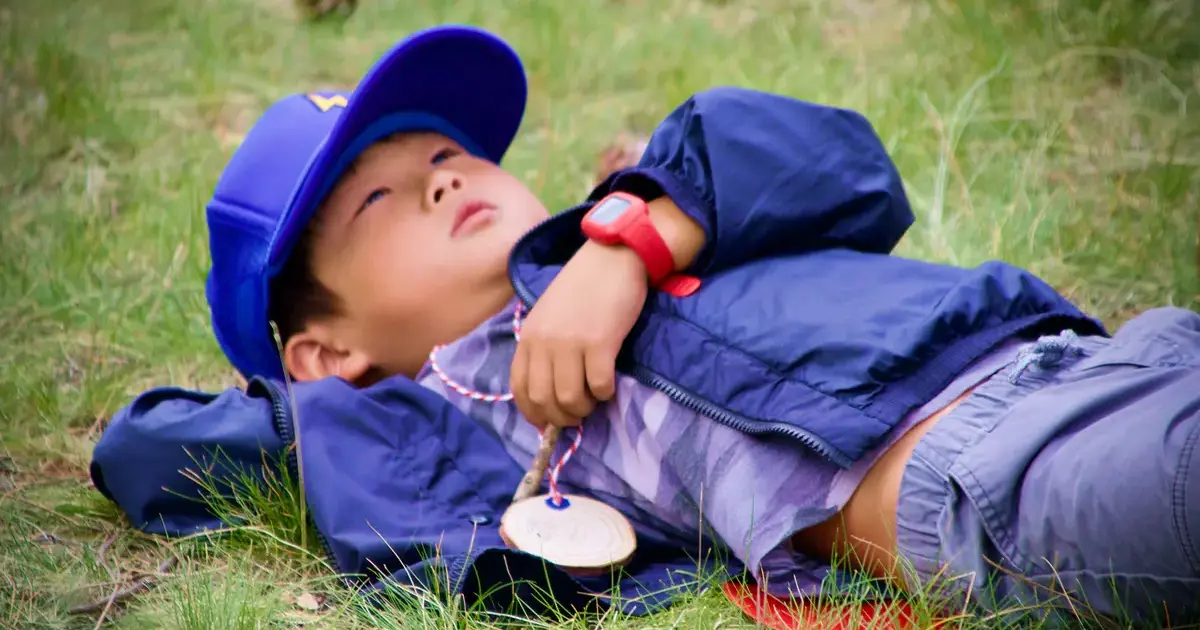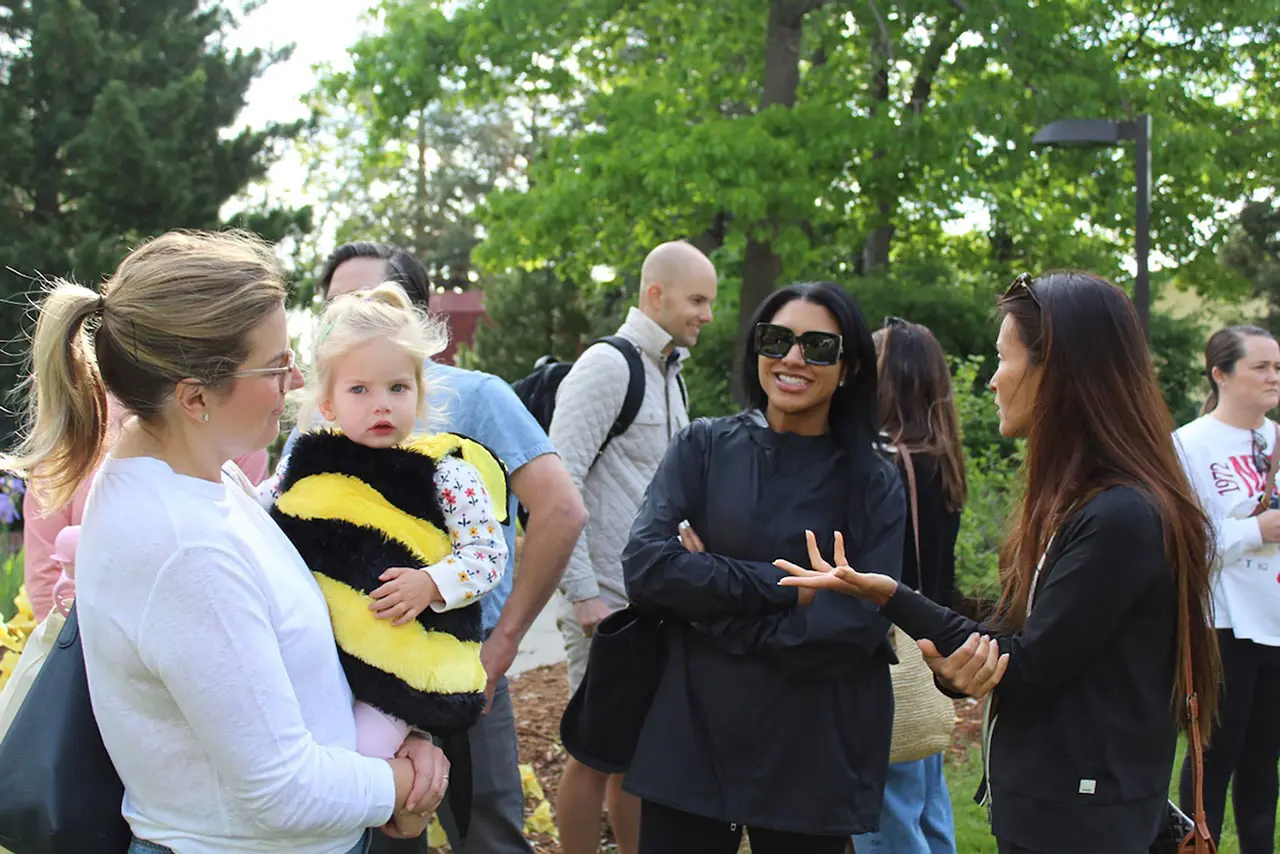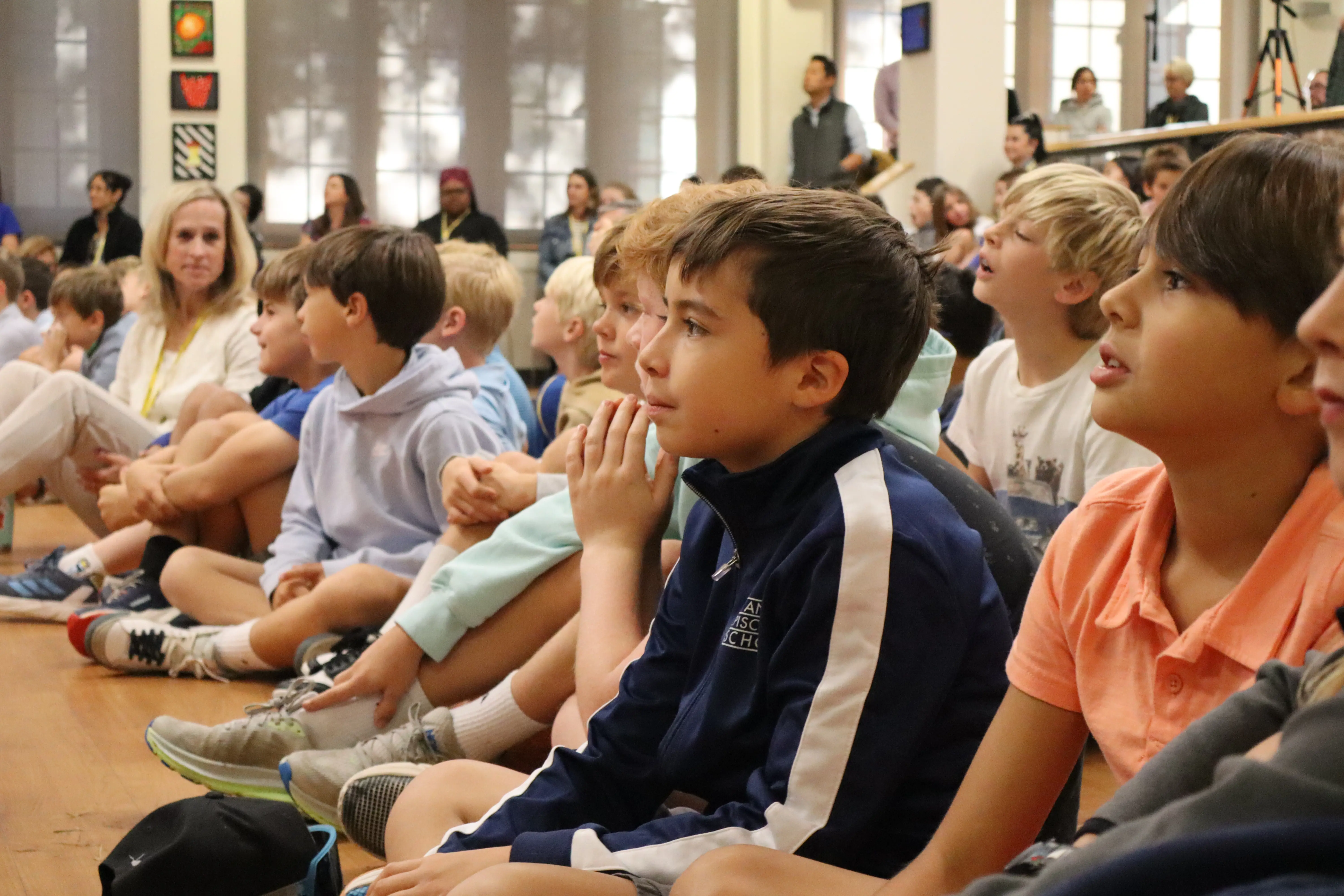The learning enrichment team is made up of a group of specialists who have training and experience in teaching students with a variety of learning profiles. Their work focuses on students who need differentiation to make progress with their learning, which may include support or enrichment.
Learning Enrichment teachers:
- Differentiate learning to ensure that students are receiving support and/or enrichment;
- Partner with families to identify and support student needs;
- Support classroom teachers;
- Coordinate school-wide assessments and analyze the results.
- Targeted differentiation
- The learning specialist's primary role is to improve student learning and support the work of the classroom teacher. Based on observations, assessments, evaluations, and other sources of data, the specialists strive to meet a student’s needs with activities in the classroom and/or in small groups. Their goal is to improve student learning with an additional layer of academic support. Some of the programs that guide this intervention include the Orton Gillingham approach to reading instruction, Really Great Reading, Heggerty Phonemic Awareness Curriculum, Wordly Wise, Reveal Math, and other relevant resources.
- Parent Support & Advisor
The learning specialists collaborate with families to meet the needs of each child. This includes regular informal communication as well as organized team meetings. Beginning, mid-year, and end-of-year meetings are generally held once a student has been receiving targeted intervention. Learning specialists coordinate meetings to support a child’s transition from one grade, division or learning specialist to another. These meetings allow the team to review data, set new goals, and ensure that all team members have a clear and holistic vision of the child.
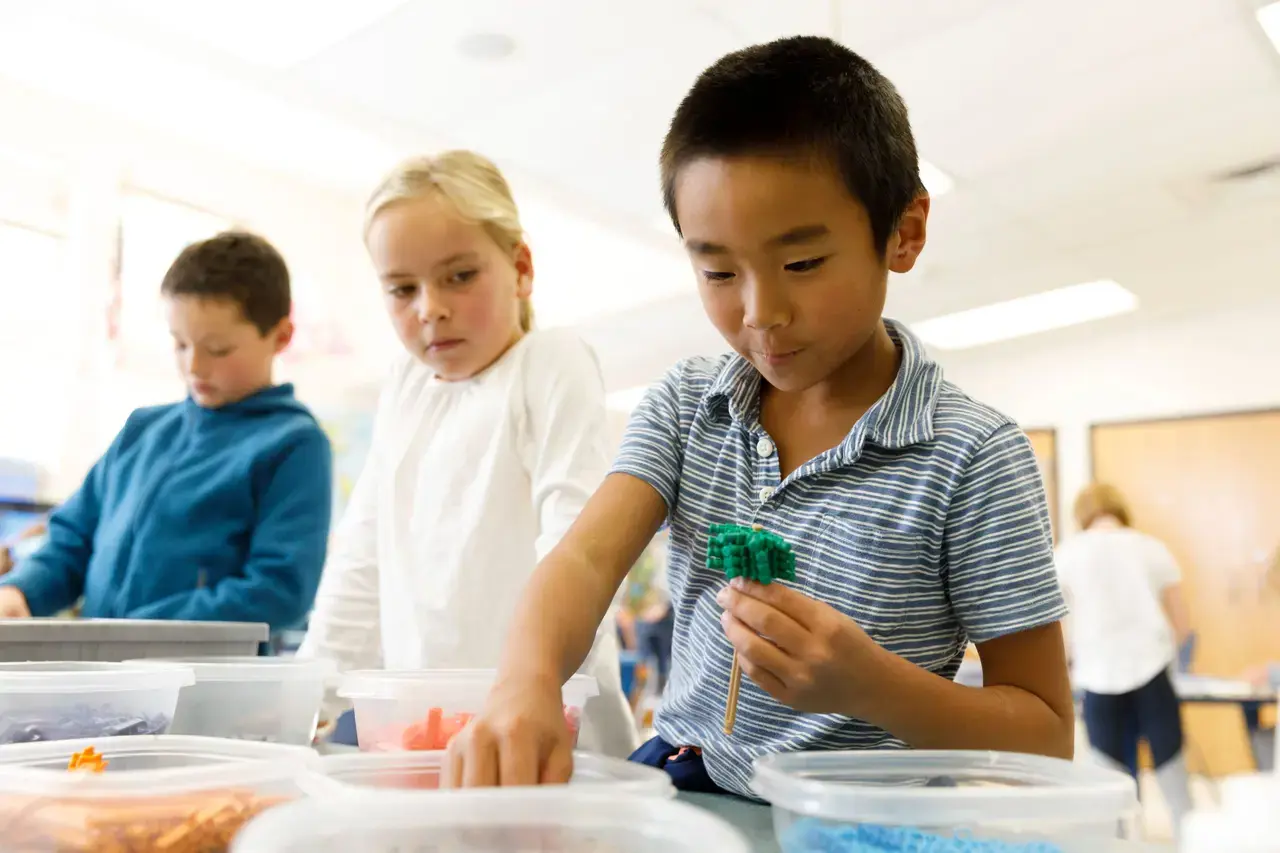
Teacher Support
While each child is unique, so is the support the learning specialists provide to teachers.
The learning specialist and classroom teacher collaborate to support student learning.
Support plans are developed based on:
- Student progress
- Assessment data
- Classroom observations
- Curriculum and academic needs
- The overall support for each child is individualized and tailored accordingly.
Learning specialists work with teachers to ensure that:
- Accommodations and recommendations are implemented
- These supports are applied consistently across settings throughout the child’s day
Learning Plans & Evaluations
The team may suggest an evaluation to get more information about a child’s learning profile. The evaluation may include targeting academic achievement, focus, speech, and/or occupational therapy. The grade-level learning specialist will work with families to find an evaluator. Once an evaluation is completed, the teachers, evaluator, and parents convene to discuss the best ways to support the student in the classroom. The learning specialist then completes a learning plan that is shared with parents and teachers. It outlines suggested practices and required accommodations. In order for a student to be eligible for testing accommodations, they need to have a formal evaluation with a documented diagnosis from a licensed professional.
Assess & Reflect
The learning specialist team administers and interprets beginning, middle, and end-of-year assessments to hone in on students who require additional support and analyze how students are growing. Additionally, assessments provide data to inform instruction in the classroom and small groups and to share with parents about their child's growth. Some of these assessments include DIBELS (Dynamic Indicators of Basic Early Literacy Skills), MAP (Measures of Academic Progress), CTP 5 (Comprehensive Testing Program, or ERB). The Learning Enrichment team reviews the data with administrators, teachers, and families to identify areas of growth and set goals for future improvement.



